Top 10 Chinese Internet Words 2020
2020, the year of RAT according to Chinese Zodiac signs, has passed for a while. In this extraordinary year, many new and “odd” Chinese mandarin words appeared. Some of them are hard to understand even by the local Chinese people if they don’t know the background.

Chinese Words 2020
Say the sayings that Chinese young people use in their everyday lives! In this article, we will introduce you the top 10 most popular Chinese internet buzz words in 2020 and explain them with easy sentence examples.
1. 逆行者
heroes in harm's way
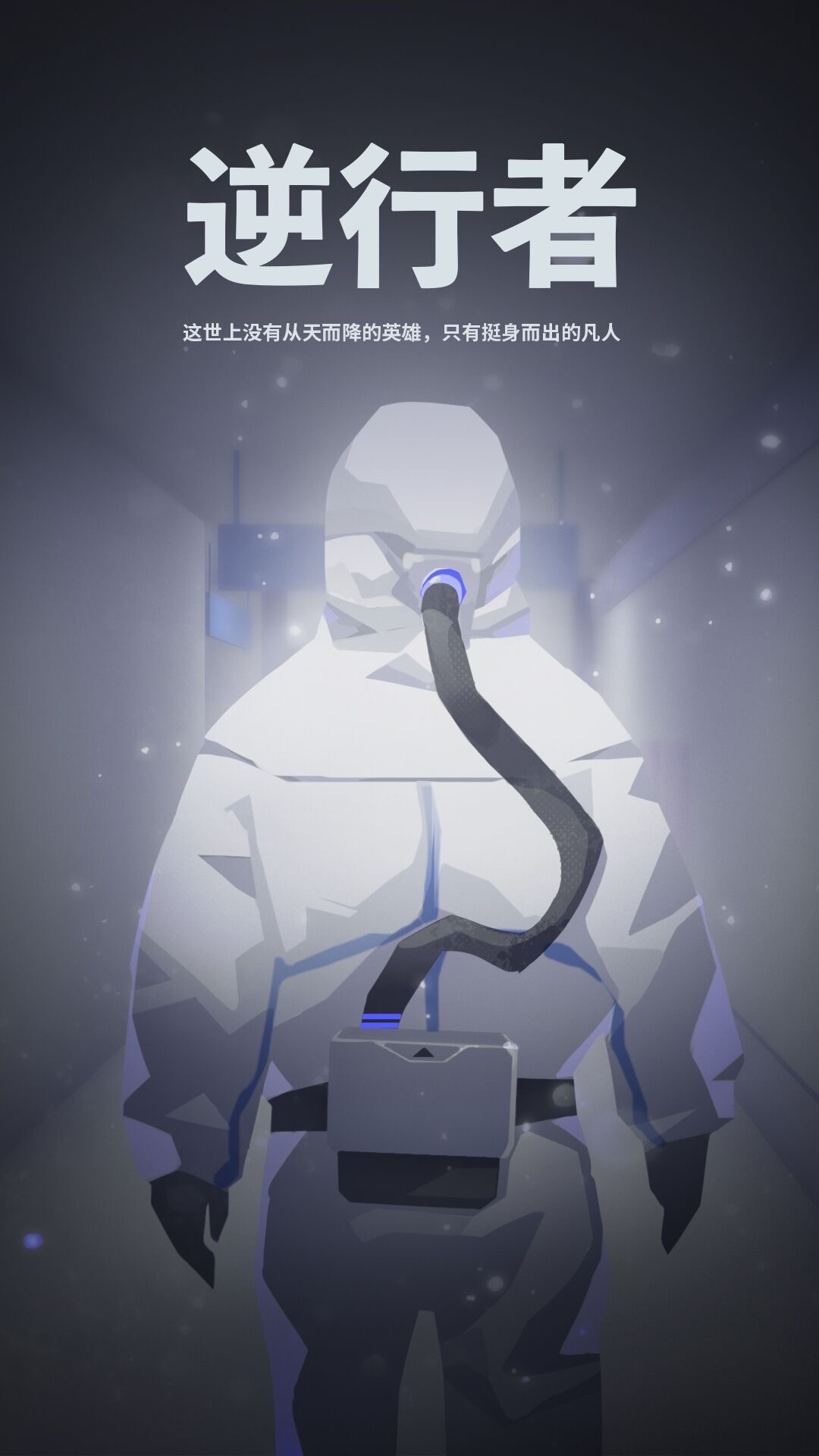
Chinese Word 逆行者
In 2020, 20,000 Chinese healthcare workers in 100 plus medical teams converged in Hubei, the hardest hit province, from across the nation to support epidemic control. They are all called the heroes in harm’s way.
2. 凡尔赛
Versailles
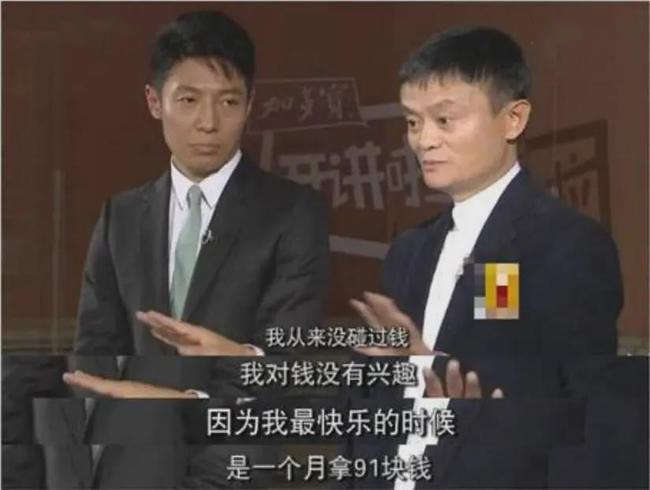
Ma Yun, China's Richest Man Talks in a 凡尔赛 Way
humble-bragging, to make an ostensibly modest or self-deprecating statement with the actual intention of drawing attention to something of which one is proud.
E.g.
她又开始凡尔赛了,在抱怨自己环游世界有多累。
She's humble-bragging about how tired she is from her world travels.
3. 打工人
laborers
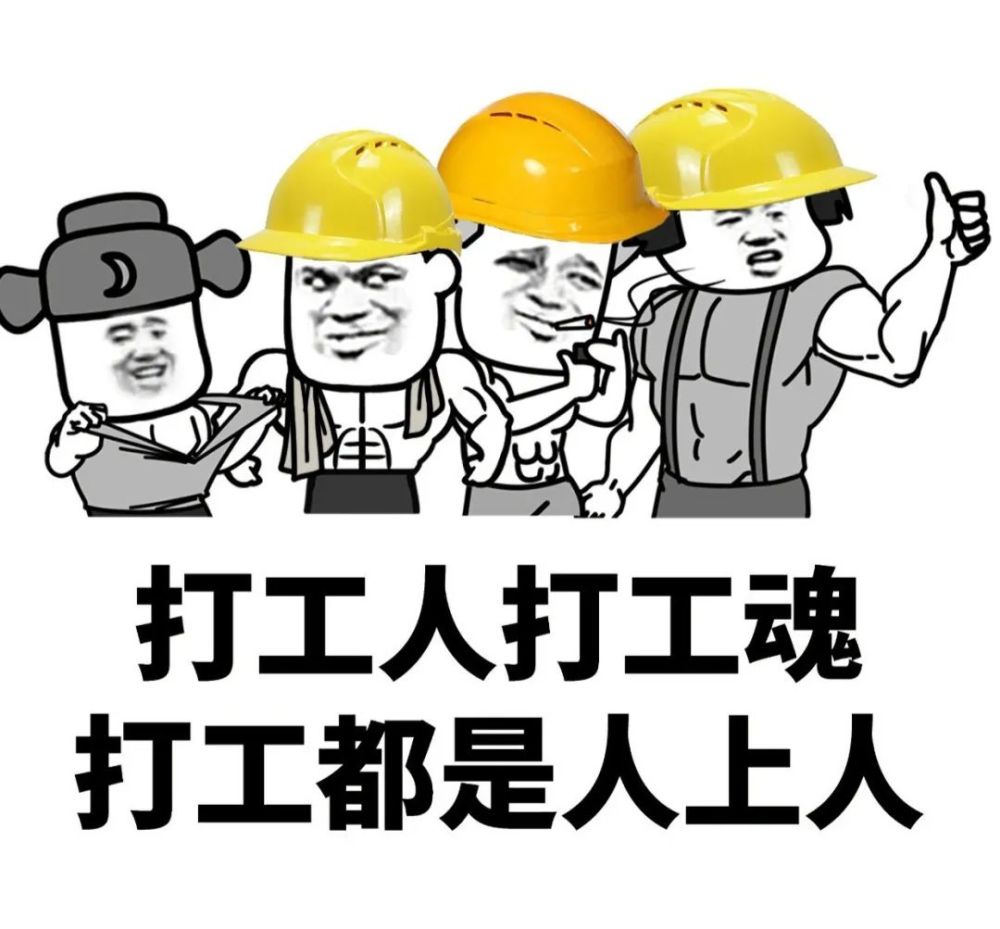
打工人
打工人 usually refers to those who do the manual work, mostly with a low income. There is a hint of humbleness in this word.
4. 耗子尾汁
to behave oneself
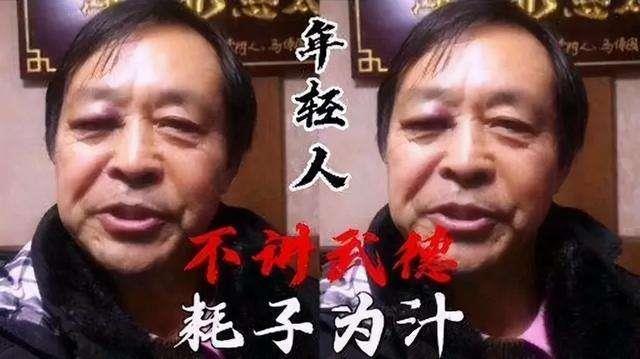
Ma Baoguo Speaks After Being KOed in a Fight
It’s a homophonic saying of 好自为之 (hǎo zì wéi zhī), meaning “to conduct (behave) oneself well”.
Origin:The word comes from Ma Baoguo after being KOed in a boxing fight. He calls himself “Hun Yuan Tai Chi Master”. However, he is mostly known as a cyber celebrity, rather than a Tai Chi master. His original saying is:
“年轻人真是不讲武德!我劝你们耗子尾汁!”
“Young people have no martial arts ethics. You’d better behave yourself.”
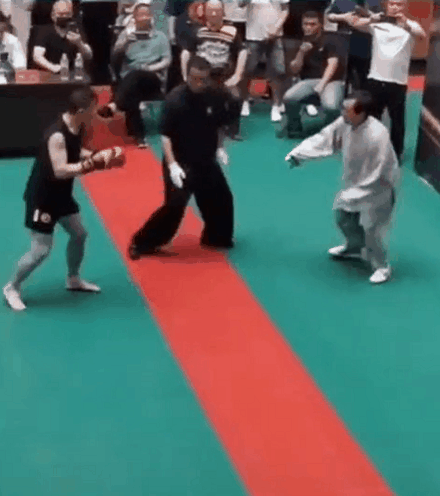
Ma Baoguo KOed
E.g.
这不关我什么事。你好自为之吧!
It’s none of my business. Behave yourself!
5. 集美
Sisters
A famous Chinese Tiktok anchor (Internet name: 迷人的郭老师) pronounced the word 姐妹jiě mèi (sister) as 集美 (jí měi) during a live broadcast, making it seem close and cute, so netizens followed suit and called their sisters by this name.
E.g.
集美们,如果你也想变漂亮,赶快购买这款李佳奇同款面膜吧!
Sisters. If you want beauty, be hurry to buy this facial mask, same type as is used by Li Jiaqi!
6. 秋天的第一杯奶茶
the first cup of milk tea in autumn
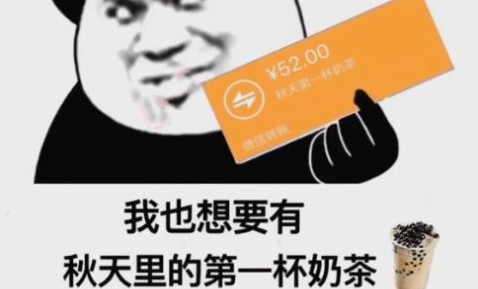
秋天的第一杯奶茶
It refers to the red envelopes containing usually, 52.0 yuan (我爱你), given to a couple, close friend, or family member in the name of inviting them to drink milk tea in autumn to express their affection.
The phrase comes from a chatting record put up on the Internet. Someone sent her a wechat red envelope containing 52.0 yuan, in the name of inviting her to drink milk tea in autumn. In Chinese, 520 (五二零,wǔ èr línɡ) has similar pronunciation as 我爱你 (wǒ ài nǐ). Autumn is a cold season but milk tea is warm, sweet and romantic. Since then people begin to send red envelope titled “秋天的第一杯奶茶” to express their affection to the loved ones.
E.g.
我好可怜,没人请我喝秋天的第一杯奶茶!
I am so poor that no one is going to buy me a cup of milk tea!
干饭人
the meal eaters
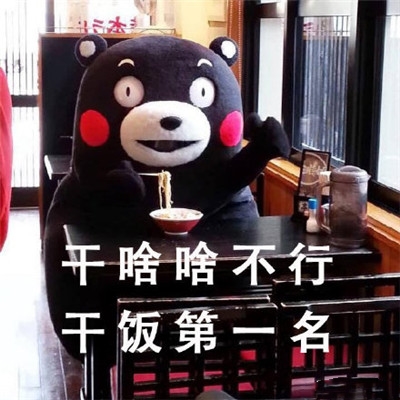
干饭
An internet anchor called 诗书达礼之山人uploaded a few video clips, and at the start of each video he shouted in Sichuan and Chongqing dialects “干饭了干饭了!” – “Let’s eat!” Later the slang began to take hold among many youngsters. 干饭人 refers to the person who is enthusiastic about eating food, and carries a meaning of "what I strive for is to have a meal".
干 (ɡàn ) here means “to eat”. 干饭 can be used separately with 人.
E.g.
时间不早了,我们开始干饭吧!
Time is not early. Let’s eat!
8. 不赚钱,交个朋友
Not making money, but be friends.
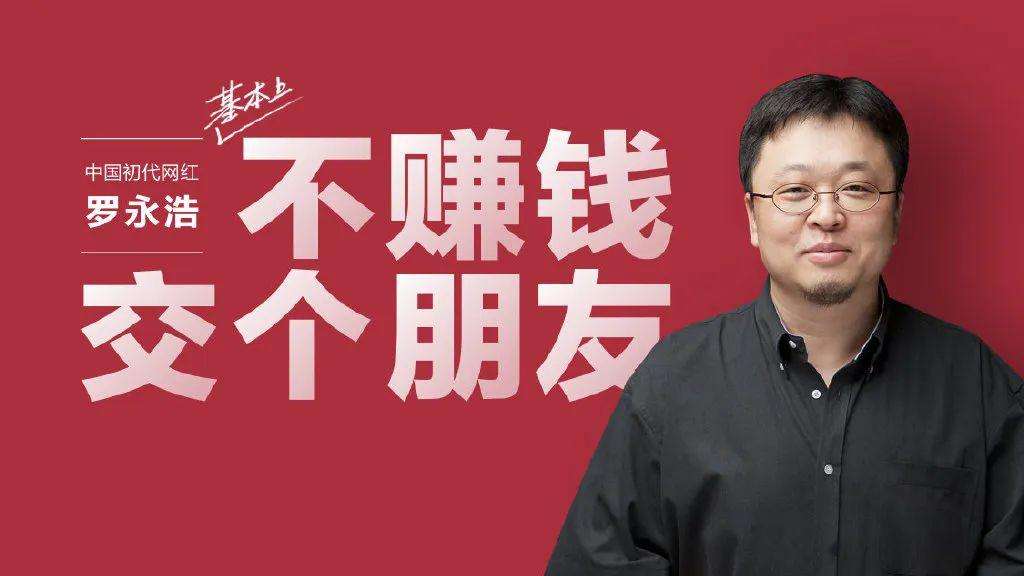
Luo's First Live Pdoduct-selling Show
It first appeared in Luo Yonghao’s first live commerce show. He was once the owner of Zhuizi Cellphone, a famous Chinese smart phone company, which later bankrupted. Then he was in deep debt. To pay the debt, he decided to start his life of live commerce show.
“不赚钱,交个朋友” is used to promote a certain kind of product, meaning “When selling this product, we are not making any profit. We just want to make friends with you.”
9. 后浪
the younger generation
The word comes from a traditional Chinese saying “长江后浪推前浪” – “The waves behind the Yangtze River push the waves forward”. Literally, 后浪 means “the waves behind”. It refers to the younger generation. It has a hint meaning that “Each generation surpasses the preceding one.”
E.g.
我想我该退休了,长江后浪推前浪。
I think it's time for me to retire. The new overthrow the old.
10. 尾款人
people who have not paid the balance
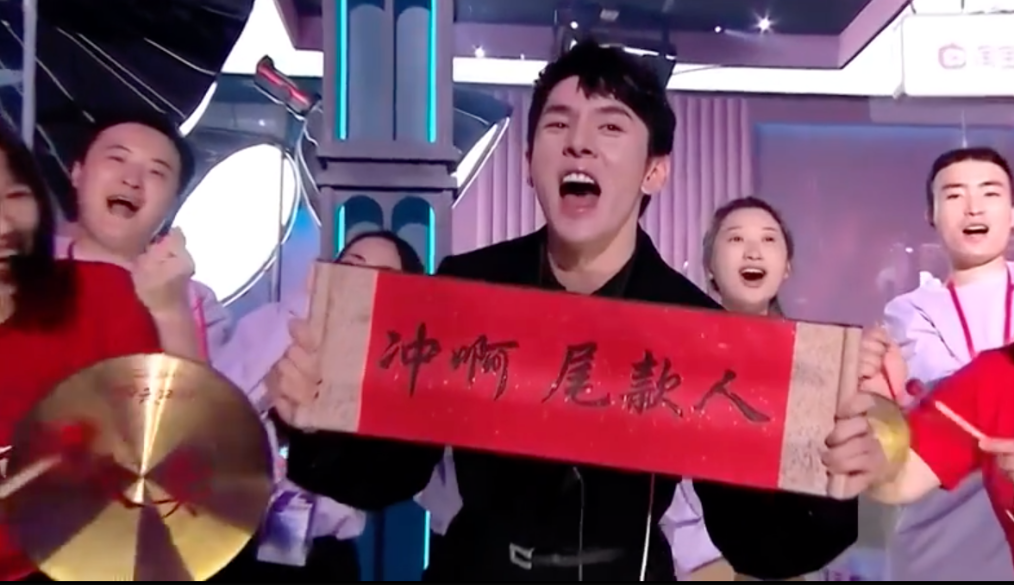
冲鸭,尾款人
Extended usage: 付尾款 (fù wěi kuǎn) - to pay the balance
E.g.
真希望有个人能帮我付尾款。
I wish there was someone who could pay the balance for me.
Note: These internet buzz words are usually used in informal Chinese conversations, or in situations where you want to say something in a humorous way.